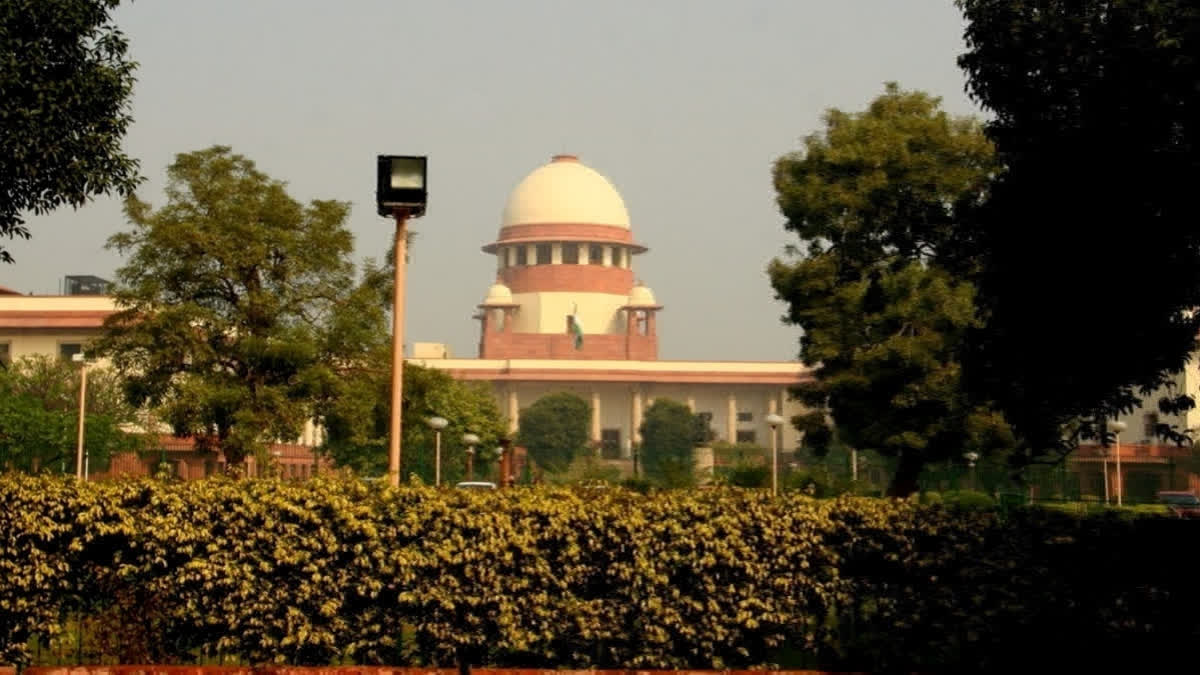New Delhi: The Supreme Court on Friday said a broken relationship by itself would not amount to abetment to suicide while setting free a man implicated in the case of the suicide of a girl after he declined to marry her.
A bench comprising Justices Pankaj Mithal and Ujjal Bhuyan said: “There is no direct evidence adduced by the prosecution to prove that the accused-appellant has in any way instigated or provoked the deceased to commit suicide. The accused-appellant on asking of the deceased had simply refused to marry her which is not a positive act on his part with any intention to abet the crime of suicide”.
Citing a judgment Prabhu vs. State represented by Inspector of Police & Anr (2024), the bench said that the court had observed that broken relationships and heartbreaks are part of everyday life and that breaking-up of the relationship would not constitute any instigation or abetment of suicide inasmuch as in order to constitute ‘instigation’ it must be shown that the accused had by his acts and omissions or by continued course of conduct created such circumstances that the deceased was left with no other option except to commit suicide
The bench said the accused-appellant had simply refused to marry the deceased and thus, even assuming there was love between the parties, it is only a case of a broken relationship which by itself would not amount to abetment to suicide.
The bench said even in cases where the victim commits suicide, which may be as a result of cruelty meted out to her, the courts have always held that discord and differences in domestic life are quite common in society and that the commission of such an offence largely depends upon the mental state of the victim.
"Surely, until and unless some guilty intention on the part of the accused is established, it is ordinarily not possible to convict him for an offence under Section 306 IPC," said the bench.
The bench said this court has repeatedly observed that abetment involves a mental process of instigating a person or intentionally aiding a person in doing a particular thing and without the positive act on part of the accused there would be no instigation.
"It has also been observed that to convict a person for abetment of suicide under Section 306 IPC, there has to be a clear mens rea on the part of the accused to abet such a crime and it requires an active act or a direct act leading to the commission of suicide," said the bench.
The bench noted that there is no evidence to even establish that the accused-appellant entered into any physical relationship with the deceased on the pretext of marrying her
The apex court set aside the Karnataka High Court's December 15, 2011, order which held appellant Kamaruddin Dastagir Sanadi guilty in the case of abetment of suicide of the 21-year-old girl.
“Surely, until and unless some guilty intention on the part of the accused is established, it is ordinarily not possible to convict him for an offence under Section 306 IPC," the bench said.
In the case, the Belgavi court had in 2010 acquitted the accused after trying him for offences of rape, cheating and abetment of suicide. However, the high court reversed the order.
According to the prosecution, the deceased came to Kakati in the evening of August 18, 2007, and the appellant refused to marry her. The deceased spent the whole night at the bus stand at Kakati and in the morning consumed poison, leading to her death at the hospital.



